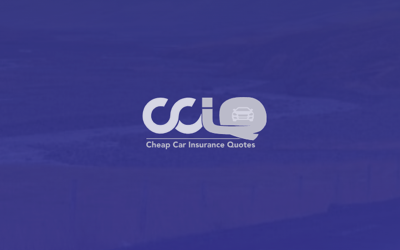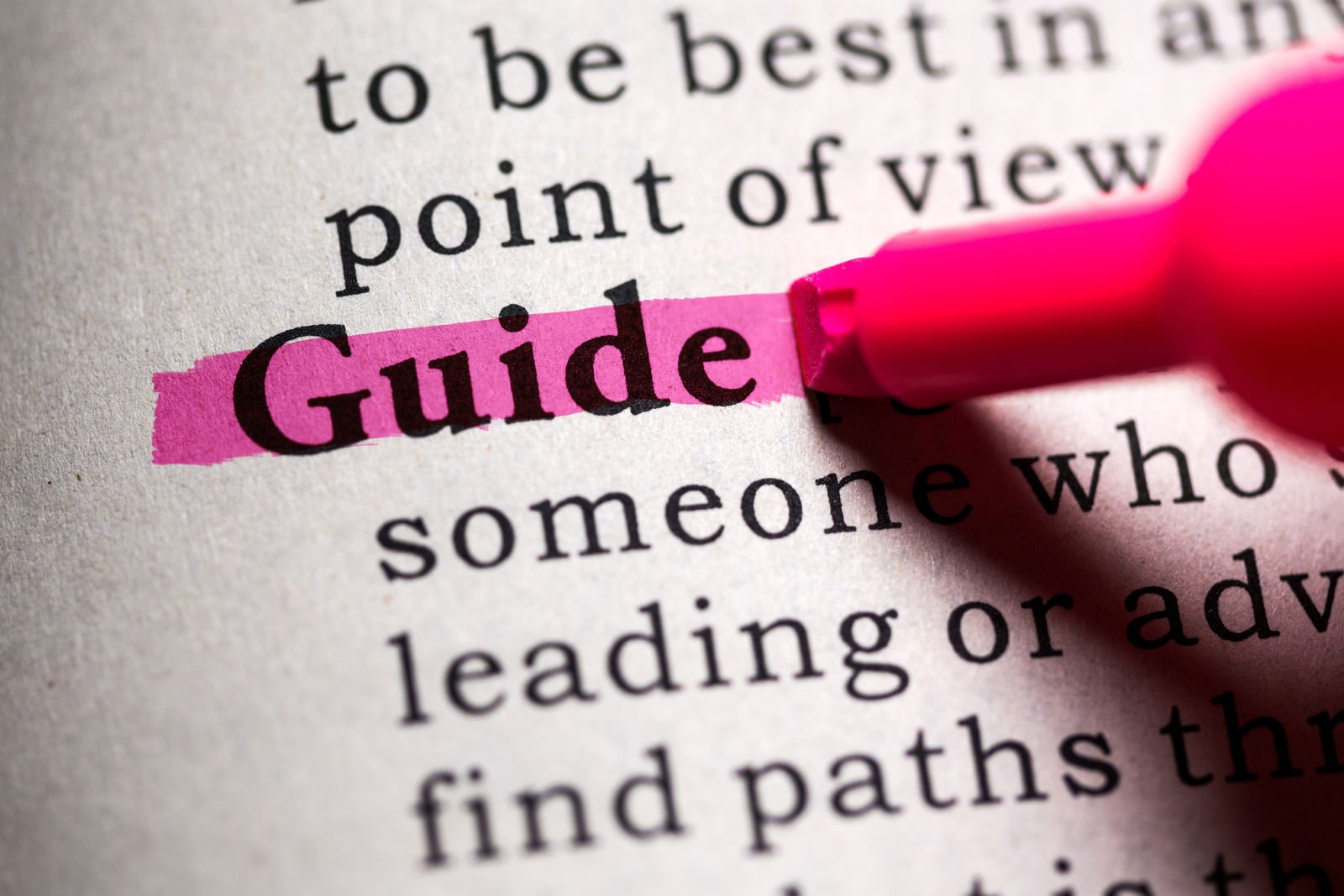 Post
PostMain Difference Between Commercial and Private Car Insurance
If you need the facts about commercial vs. private car insurance, you’ve come to the right place. Car insurance is required whether your vehicle is used for personal driving or for a business. There are not many differences between commercial and private car insurance. The biggest difference is the amount of risk. Car insurance companies...
If you need the facts about commercial vs. private car insur...


